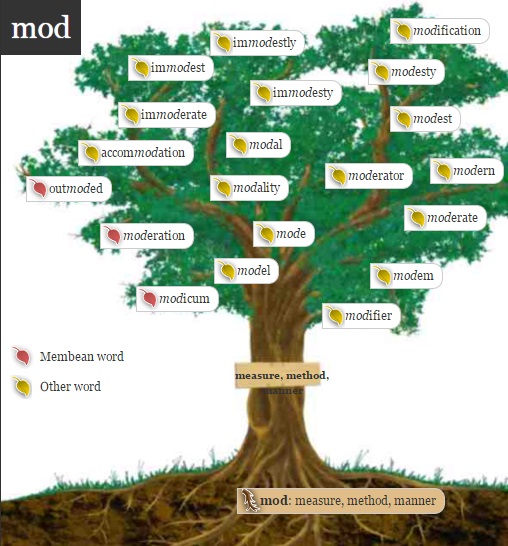

Austin Murphy, Sports Illustrated, 27 Nov. 2006 Fueled by booze and the euphoria of having seen their school win a share of its first … title in 36 years, a mob of Beavers fans hurled itself at the cops, breaching both chains and creating anarchy. Caroline Moorehead, New York Review of Books, 16 Nov.

Its immigration policies in the last five years have become the envy of those in the West who see in all but the most restrictive laws the specter of terrorism and social anarchy. When first used in English, this word carried the sole meaning “government by the best individuals.” It may still be used in such a fashion, but more commonly, it is encountered in the extended sense “the aggregate of those believed to be superior.” The establishment of these two senses of anarchy did not stop the word from being applied outside the realm of government with the broadened meaning ”a state of confusion or disorder.” The existence of definitions that are in semantic conflict does not imply that one (or more) of them is wrong it simply shows that multisense words like anarchy mean different things in different contexts.Īnother example of a sense-shifting word relating to government is aristocracy. A similar but ameliorated meaning began to be employed in the 19th century in reference to a Utopian society that had no government. The earliest recorded use of the word, from the early 16th century, meant simply “absence of government,” albeit with the implication of civil disorder. To learn more, see the privacy policy.Anarchy exemplifies how words may have similar yet distinctive meanings.

Archy words code#
Special thanks to the contributors of the open-source code that was used in this project: Elastic Search, WordNet, and note that Reverse Dictionary uses third party scripts (such as Google Analytics and advertisements) which use cookies.
Archy words free#
The definitions are sourced from the famous and open-source WordNet database, so a huge thanks to the many contributors for creating such an awesome free resource. In case you didn't notice, you can click on words in the search results and you'll be presented with the definition of that word (if available). For those interested, I also developed Describing Words which helps you find adjectives and interesting descriptors for things (e.g. So this project, Reverse Dictionary, is meant to go hand-in-hand with Related Words to act as a word-finding and brainstorming toolset. That project is closer to a thesaurus in the sense that it returns synonyms for a word (or short phrase) query, but it also returns many broadly related words that aren't included in thesauri. I made this tool after working on Related Words which is a very similar tool, except it uses a bunch of algorithms and multiple databases to find similar words to a search query. So in a sense, this tool is a "search engine for words", or a sentence to word converter.

It acts a lot like a thesaurus except that it allows you to search with a definition, rather than a single word. The engine has indexed several million definitions so far, and at this stage it's starting to give consistently good results (though it may return weird results sometimes). For example, if you type something like "longing for a time in the past", then the engine will return "nostalgia". It simply looks through tonnes of dictionary definitions and grabs the ones that most closely match your search query. The way Reverse Dictionary works is pretty simple.


 0 kommentar(er)
0 kommentar(er)
